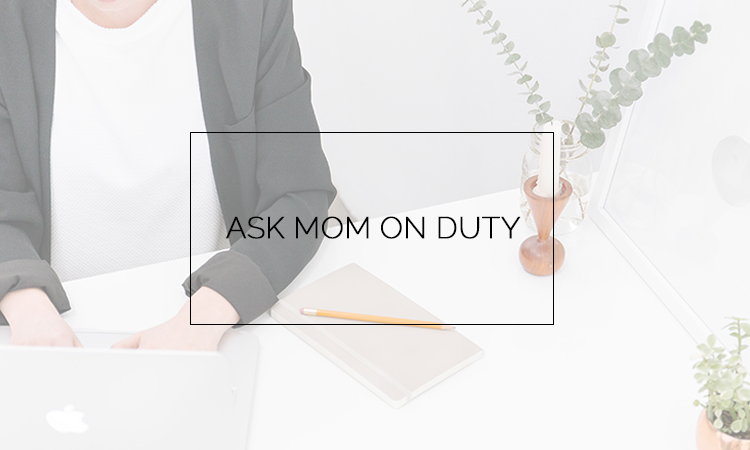
So, you decided to try freelancing and you’re earning quite a sum already. Now what? If you want to further expand your business, one step you might want to take is to make it legit–register your business! A lot of my fellow mompreneurs have been asking me what the process is like and what are the steps to registering as a freelancer in the Philippines so I thought I’d post it here for those who are interested.
Steps to Registering As A Freelancer in the Philippines: An Overview
Okay, so as not to overwhelm you, let me give you a quick overview of what you need to do. Since you’re a freelancer, you fall under the category Sole Proprietor. These are the steps to registering as a Sole Proprietor:
Step 1: Acquire your certificate of Business Name Registration from the Department of Trade and Industry. When you go to DTI, I suggest that you have at least five names in mind already. They’re very strict so you need to have a back-up (four of ’em!) so you don’t have to go back and forth in case they decline your first choice.
Things to bring:
- Valid ID
- Community Tax Certificate (CEDULA)
- Birth Certificate (original and photocopy)
Learn more about registering your business name here.
Step 2: Depending on the scale of your operations, you need to acquire Barangay/Municipal/Regional clearance. In my case, I only applied for Barangay Clearance and Municipal Clearance.
Step 3: Apply for a business permit from the Mayor’s Office of the town/city where you will operate. Make sure you bring all the documents you have acquired so far.
Step 4: Apply for a TIN from Bureau of Internal Revenue. Note that you need to go to the RDO where your business is under. You can find a list of Revenue District Offices here.
BIR Business Registration
Now that you have the basics ready, it’s time to register with the BIR. This is what you’ll need:
- Your TIN
- Birth Certificate (original and photocopy)
- Proof of Address
- Valid ID with picture, full name, date of birth, and signature
- Marriage Certificate (if applicable)
- Birth Certificates of your dependents (if applicable)
- DTI Certificate of Business Name Registration
- Barangay Clearance
- Mayor’s Permit
- Three (3) copies of Form 0605
- Three (3) copies of Form 1901
You can get copies of the BIR forms here.
Submit all your requirements to a BIR officer in your RDO then pay for additional requirements, such as the Documentary Stamp, Certification Fee, and Book of Accounts. You will also need receipts–I suggest that you ask the BIR officer if they can recommend an accredited printer so as to lessen the hassle on your part.
Once all those are done, attend the tax payer’s briefing (this is required for you to get your Certificate of Registration). Aside from it being a requirement, it’s really important for you to attend this briefing because it’s your chance to ask questions. I had a lot!
Tax time!
I won’t discuss, in detail, how to compute your taxes–but I’ll give you a summary of what to expect once your business is registered.
- You will pay monthly tax
- You will pay quarterly tax
- You will pay annual tax
- You need to renew your business every year (I recommend that you catch your local government’s One Stop Shop every January to save yourself from the hassle of going to one office to another because everything’s there during the One Stop Shop. This runs the WHOLE month of January.)
I worked on my taxes on my own during my first year of operation and my golly wow, ang hirap. LOL! So if you have extra business income and you’d rather not handle your taxes, I suggest that you hire an accountant to do it for you. They know their biz so you can leave all the tax stuff with them.
If you’re looking for one, you can contact my accounting team, Lat, Gervacio, Tatel & Associates at 0918-911-9440 or 0998-562-6505. They’ve been handling my business for a year now and everything looks good so far! They’re very helpful too, especially with all my tax questions.
There you have it! A quick look at the steps to registering as a freelancer in the Philippines! Are you ready to put your serious face on and make your business legit?
Do you have questions about freelancing or creating a home based business? Shoot me an e-mail at kim@momonduty.com!





urghs…thanks for this Mommy Kim! So real freelancing is totally so much alike to handling a small business talaga. Do you have to have a specific business name to be registered at DTI? And I’ve always wondered how to fix all the taxes as a freelancer so this is a good start..:)
Hi Jena! Yes, when you freelance, you are a business. And yes – the first step is to register a business name with DTI before you can get all the other paperwork done. 🙂
Hi Kimberley,
That’s a really useful post to help those work from home moms who are looking forward to start freelancing or their small home business. I really appreciate what you are doing here. Thanks.